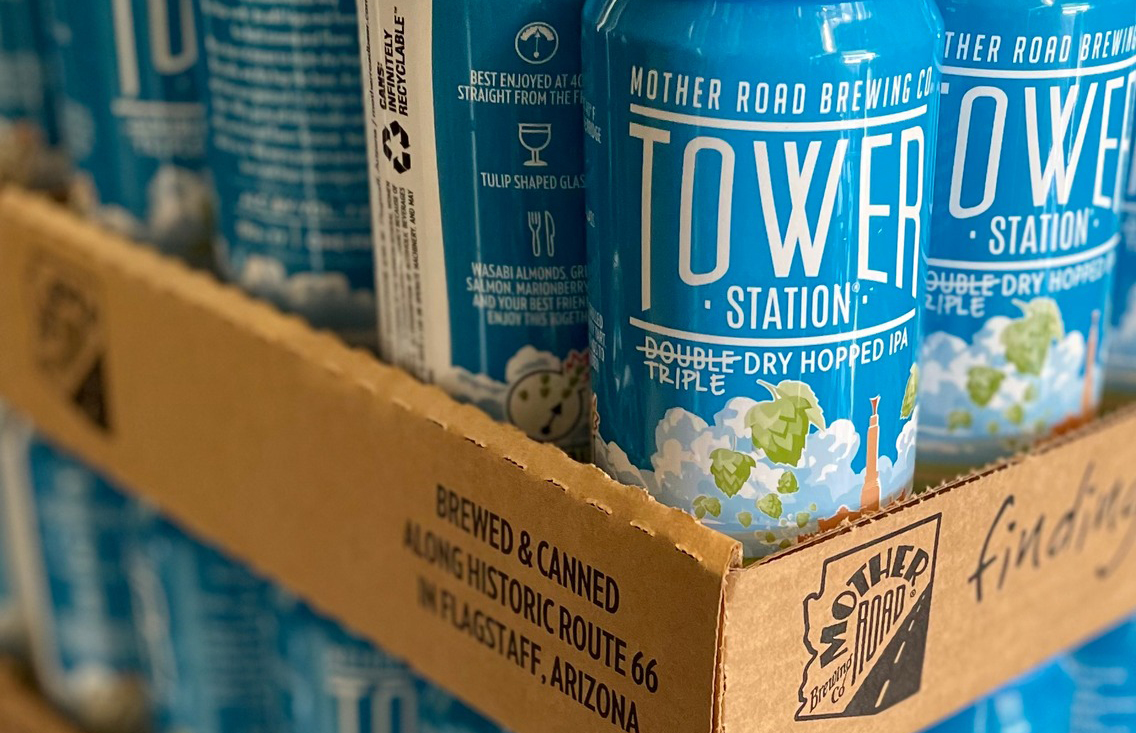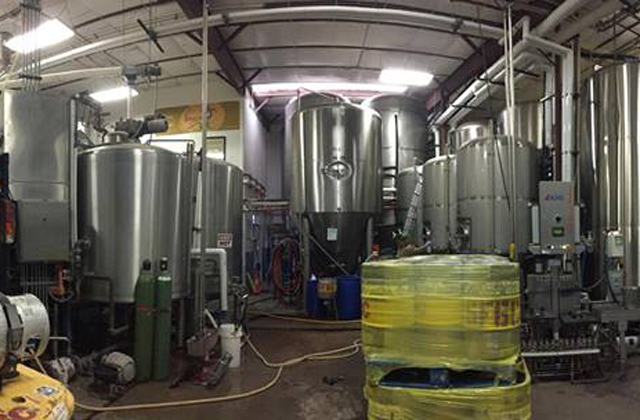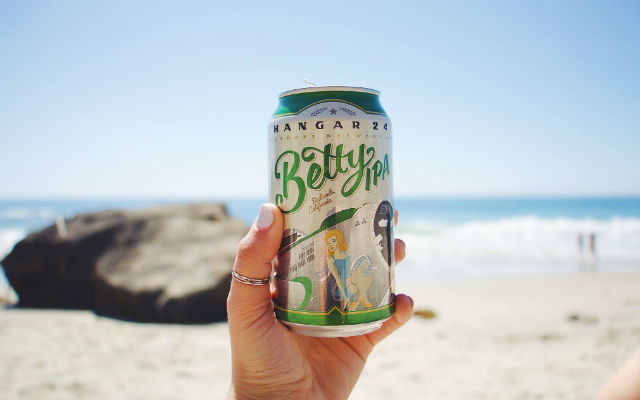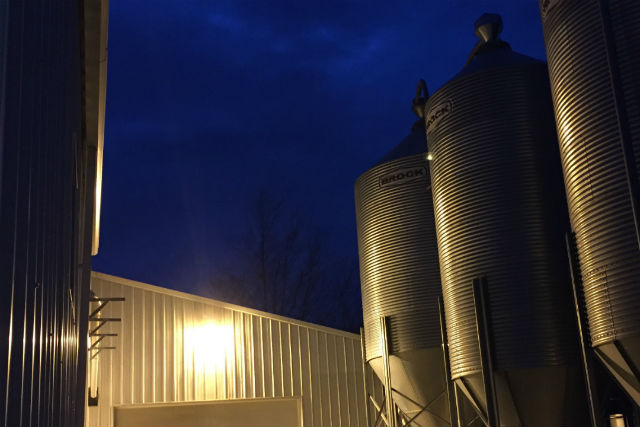
It’s never a good feeling, said Michael Marquees, when the CEO and founder gets a call from his Mother Road Brewing lab team after 7 p.m. on a weeknight.
A stress test indicated that there were issues with the can seaming equipment despite being told by the manufacturer that the issue had been resolved.
“I said, ‘Oh, God, what are the dates,'” he recalled from a few weeks back. What they found is that the manufacturer’s rep did not get the Flagstaff, Arizona brewery back running quite at 100%.
“There were some wrinkles in there,” he said, indicating that there was a ‘catastrophic bolt shear,’ on one of the pistons. “We got on it as quickly as we could.”
Unfortunately, it had been nearly a week’s worth of cans that had gone through for the brewery, which is on pace to produce around 25,000 barrels in 2022, and although not every can was affected, a small percentage of many pallets of beer had leakage issues — including co2 loss and cans losing liquid.
“Because of our rapid growth, a lot of our beers are now heading straight out to the distributor,” Marquees said. “Oftentimes it only sits for a day or so before it’s into the trade. We got most of it back, but we didn’t get all of it back. And that was the hard part for us.”
Because there was beer with this issue out in the market and some had already been sold, Marquess and his team made the decision to be as upfront as possible. Key accounts were informed and Mother Road’s distributor Hensley helped take back beer as soon as possible along with the Mother Road sales team.
On May 19 the brewery issued posts to social media along with sending info out in its newsletter with a very big mea culpa.
“It made sense to let people know what we did and why it happened and what we’re doing to fix it,” he said. “That was largely because we’ve always allowed people to be part of the Mother Road story since Day 1. It’s part of our radical hospitality. For us to not let them be part of that, it would have been disingenuous — even though I didn’t want anyone to know that we’ve had such awful problems.
”They were going to know and we needed to let them know because that’s kind of the pact we’ve had with our guests and our consumers for 10 years is they’re part of our story, whether that be good, bad, or ugly.”
It may not have been the type of info that Marquess wanted to share, but he said most consumers “got it” but were disappointed that they couldn’t have been shipped to them if they had bought it and were from out of state. Some “make-goods” included gift cards to the taproom, shirts, hats, and other swag that could at least give back some way of saying sorry to the consumer.
“Our distributors have been very good at replacing beer where they can with the actual retailer, so I’d say it’s been positive overall, there were a few folks that were pretty angry,” Marquess said. “There were a few comments, like, ’10 years and you don’t know how to run a canning line?’ And I get that. We try our best to lab and have all the things we’ve put in place, but even we screw up once in a while. No one’s perfect. But by and large, I’d say probably about 98% have been fairly positive … bummed, but positive about what and how it was being handled.”
Having this happen made Mother Road take a step back and double-check its SOPs when it comes to canning.
When they got a visual scanner a while back, Marquess said they felt confident in the scans instead of the physical tear-downs. That has changed and reverted to having manual checks as well.
“So now we are filing off the top and pulling the seam apart to make sure that there’s no wrinkling,” he said, “doing those visual inspections as a second check.”
An interesting sidebar from this mishap is that Mother Road had other area industries and scientists come to the rescue as well to help determine the issue at the start.
“We’re kind of a STEM city, with a lot of science going on, so we were lucky enough to call in W.L. Gore and Associates,” he said. “They make everything from heart stents to the GORE-TEX ski jackets. They’re beer fans so they came out with micrometers and were helping us with raw inputs of aluminum to make sure that wasn’t the problem. This problem stymied the manufacturers and it was great to have them come in and help.
“Also the folks up at Lowell Observatory brought down some of their measuring equipment too. It was very fun to have that much science around us, a bunch of ruffian brewers with top-grade scientists from Lowell and Gore helping us to solve a problem. It was such a pleasure to hear some of their inputs and to find out that, besides not doing the physical checks anymore and reinstating that, we were pretty good on most things.”




Be the first to comment